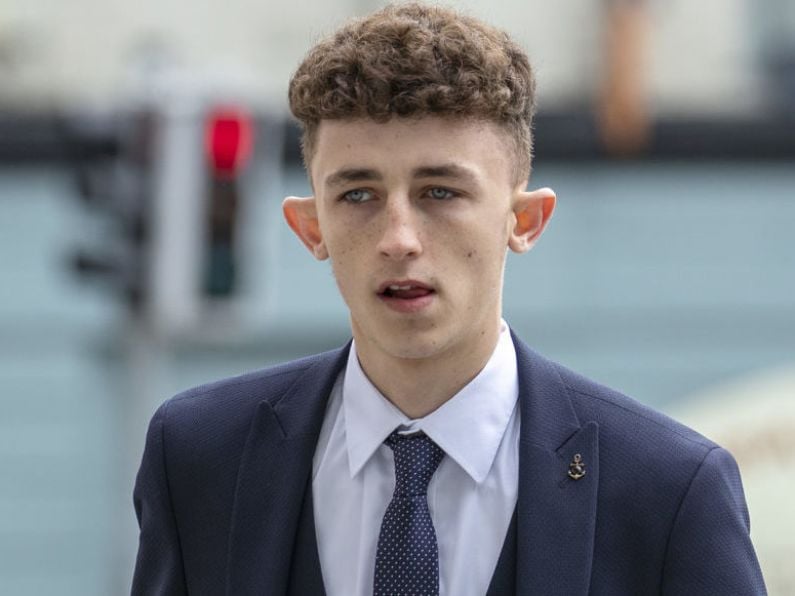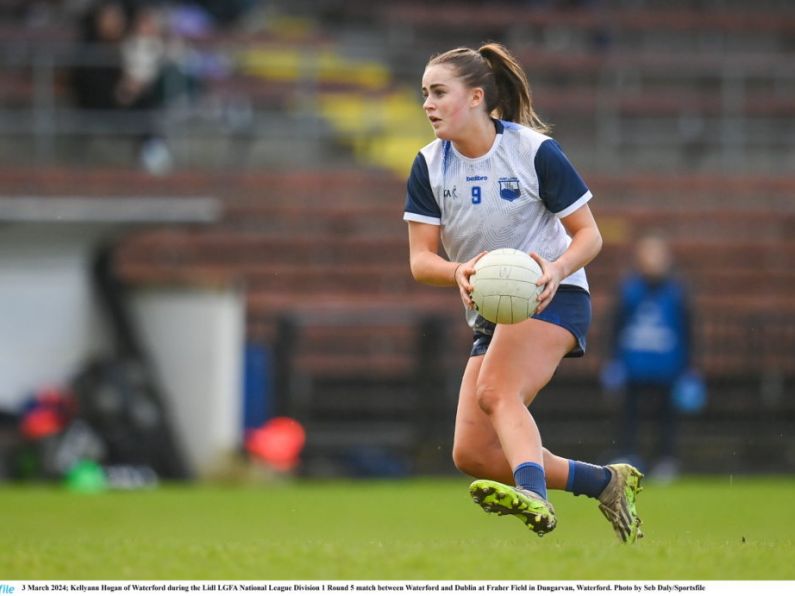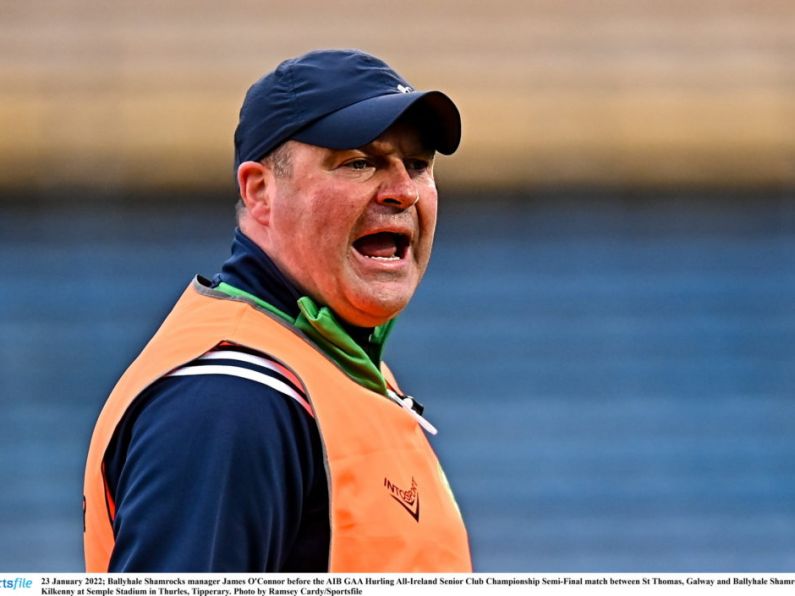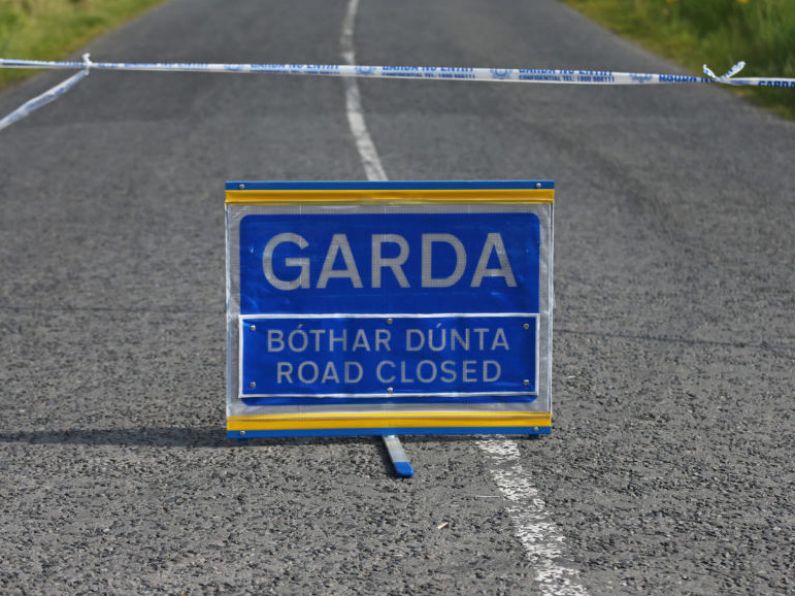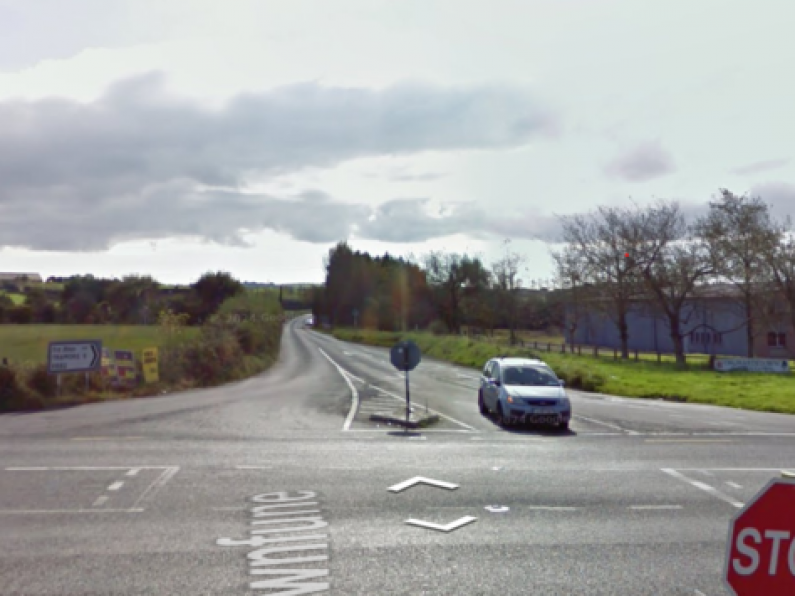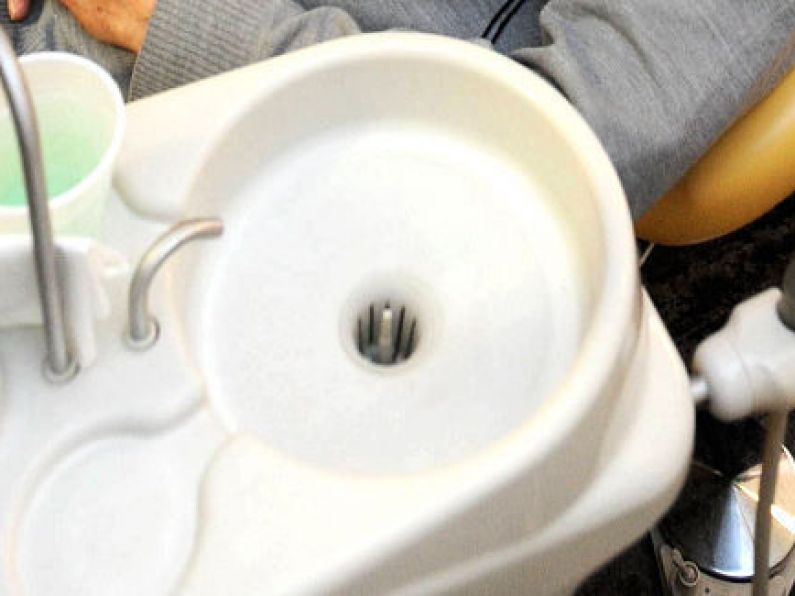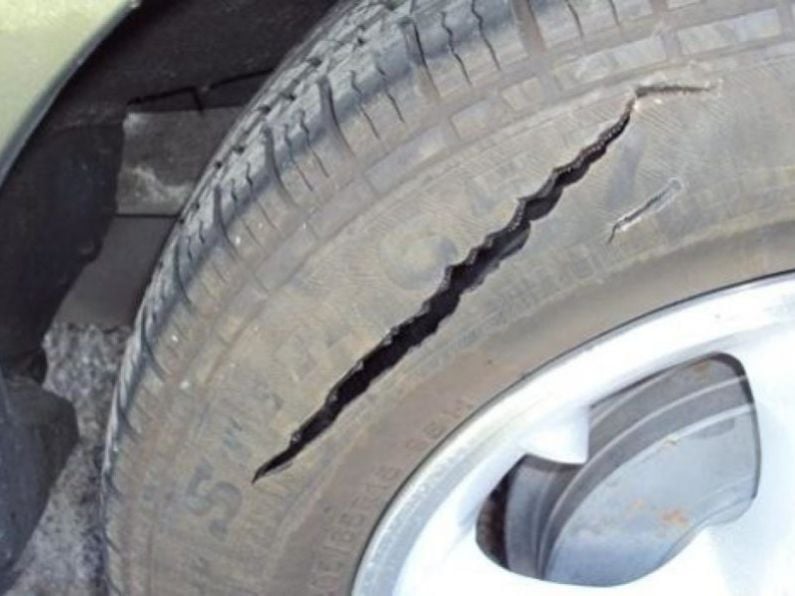Paul Neilan
A man who entered a teenage boy's home in Waterford in the early hours of the morning almost four years ago died from "massive, catastrophic" blood loss caused by a 13-centimetre stab wound to his chest, a murder trial has heard.
Jack Power died of the wound at a house in Shanakiel, Dunmore East, in the early hours of July 26th, 2018.
The Central Criminal Court is hearing the trial of Dean Kerrie (21), with a current address at St Brigid's Square, Portarlington in Co Laois, who has pleaded not guilty to murdering Mr Power (25) at the house when he was 17 years old.
On Monday, former Deputy State Pathologist Dr Michael Curtis told prosecution counsel, Michael Delaney SC, that the wound created a pooling of blood in Mr Power's chest cavity after the knife entered the left side of his chest between the third and fourth ribs.
Dr Curtis, who carried out his examination later the same day of the stabbing at Waterford University Hospital, said that the average person has around five or six litres of blood in their system but that six-foot-four Mr Power had around three-and-a-half litres of blood pooled in his right chest cavity with half a litre in his left side after the stabbing.
Dr Curtis said that this amounted to a "colossal accumulation of blood" that he described as "a massive, catastrophic loss" that prevented the heart and lungs from functioning.
He said the length of the wound, which pierced the heart and two ribs, was around 13 centimetres deep and that there was a "highly significant" collection of 100 millilitres of blood found in the pericardial sac, in which the heart sits.
He said that there was a possibility that the depth of the wound could have been two centimetres longer or shorter if Mr Power was inhaling or exhaling at the time the "single-bladed instrument" penetrated the ribs.
Dr Curtis said that CPR had been performed on Mr Power for around 20 minutes at the scene and that chest drains had been used to try to release blood and fluids from his chest cavity at the hospital but they were to no avail.
Mr Power was pronounced dead at the hospital at 4.54am.
Alcohol and cocaine
A toxicology report showed that Mr Power had 187 milligrammes of alcohol per 100 millilitres blood of alcohol in his system at the time of his postmortem and there had been evidence of recent cocaine use, but this was not of a high level.
Dr Curtis said that Mr Power's blood-alcohol level would result in "moderate intoxication" in the average person in that it was three times over the driving limit, which was 50 milligrammes. In cross-examination, he agreed with counsel for Mr Kerrie, Ciaran O'Loughlin, that Mr Power's intoxication level could lead to possible incoordination of movement.
Dr Curtis said that blood in the pericardial sac would prevent the heart from contracting and expanding when circulating blood around the body.
The pathologist said his report concluded the cause of death was due to a single stab wound to the chest that penetrated two ribs and the heart in a slightly upward direction that caused a "massive haemothorax [blood loss]" in the chest cavity.
A separate blunt-force trauma to Mr Power's head was not a contributory cause of death, he added.
The witness said abrasions between the knuckles of one hand could have been caused by glass or a rough surface and that abrasions to the knees were consistent with a "terminal collapse".
Earlier, Dr Paulo Jorge Leite Almeida, an out-of-hours doctor-on-call in the southeast said he examined Mr Kerrie at Waterford Garda station at around 5.35am.
Dr Almeida told Mr Delaney that Mr Kerrie did not mention that he was in pain and that he had only two "superficial" abrasions, one on his right thigh and one on his right forearm.
The doctor said he washed the graze on the right forearm and washed and plastered the abrasion on the right thigh. Dr Almeida said the assessment included checking Mr Kerrie's heart rate and oxygen levels but the assessment only lasted "five to 10 minutes".
999 call
In his opening speech, Mr Delaney said that Mr Power was of the view that damage to a wing mirror on his car was malicious and "in his own mind Dean Kerrie was a suspect" for the damage before he went to Mr Kerrie's house.
The jury has heard a 999 call made by Mr Kerrie at 3.44am on July 26th in which the accused said that Mr Power had come "in the front door at him" and tried to hit him. He said he had stabbed Mr Power in the chest with a kitchen knife but that he did not mean to.
He said Mr Power might have come to his house to blame him [the accused] for breaking the wing mirror off the deceased's car, but said that he did not do anything.
Sergeant Pat Kenny has told Michael Delaney SC, prosecuting, that all the front windows on the Kerrie house were broken when he arrived at the scene. Mr Kerrie, who was wearing a t-shirt and pair of shorts, was sitting in the corner of the kitchen crying and saying "sorry", and that "he shouldn't have entered" his house, recalled the witness.
Sgt Kenny said he arrested the accused on suspicion of assault causing harm to Mr Power and formally cautioned him.
In reply to the caution, Mr Kerrie said: "He should not have come into my house. I was asleep. I heard a smash and the front window breaking. Jack was in the hall and grabbed my mother. He started punching and swinging kicks. I grabbed a knife that was next to bed. Stabbed him with it [sic]".
Eyewitness Christopher Lee, however, has denied that his best friend, Mr Power, forcibly pushed in the front door of the Kerrie house that night and said these were "lies" Mr Kerrie had to make up "to get away with it". Mr Lee has told the trial that Mr Kerrie "deliberately killed" Mr Power.
In his opening speech, Mr Delaney said the jury was also likely to have to consider self-defence, given the circumstances in which Mr Power entered the Kerrie house.
The trial continues tomorrow before Mr Justice Paul McDermott and a jury of five men and seven women and is expected to last three weeks.

